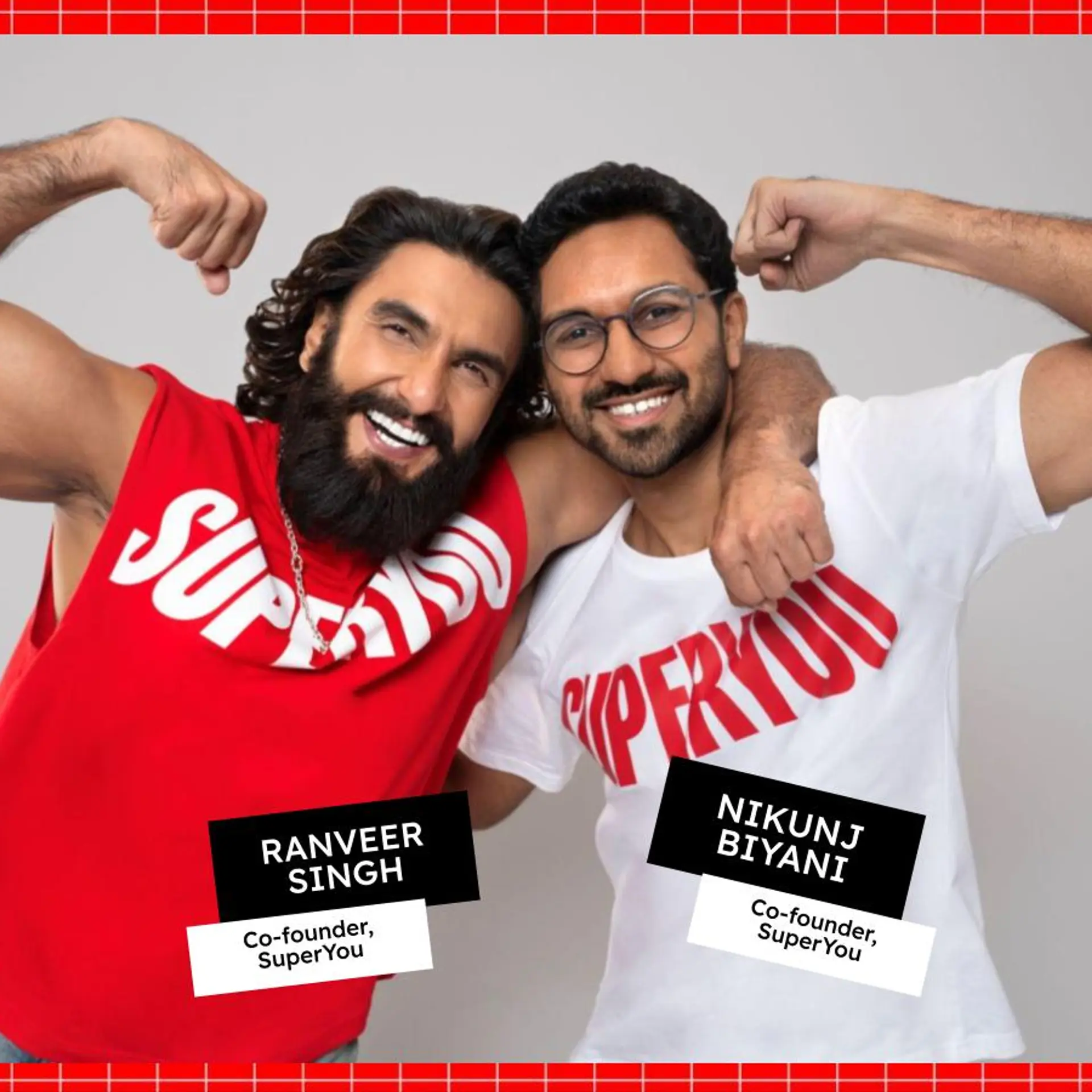What it is like to get acquired? [And all the 2013 Indian Startup acquisitions]
Mergers and acquisitions in the startup space are a sign of consolidation and the rising maturity of startups. India is well into the phase where starting up is becoming glamorous and is an accepted career option. There are challenges but more and more people are getting involved in entrepreneurship.
The reason for starting up are many- some do it for the passion, some for the money and for some, a problem becomes so big that the only way out is to solve it (we've discussed reasons in detail). And the route a founder decides to take is also different depending on the ambition- some want to keep it running as a constant source of income, some want to give it their entire life and make it really big while some believe in quick exits and starting up again.
Be that as it may, acquisitions are a big part of the startup world and one of the most prevalent exit strategies. India has now started seeing some exits, the biggest being the INR 800 crore exit for redBus to ibibo Group. We, at YourStory have been tracking startups from the past five years and thought of doing a compilation of all the acquisitions that have happened in 2013 and also get views from the founders about their acquisitions.

Why does one get acquired?
Getting acquired is a very conscious decision for a founder. Having nurtured an idea and building it, it is hard to give it up but in most cases, the decision is taken for the good of the company. "One needs to look at the whole scenario from a third party perspective and do what is best for the company," says Nirmit Parikh, founder of Cruxlight which saw a double acquisition (by Kno and then Intel).
A lot of it also depends on the company who is acquiring. Indus Khaitan, one of the co-founder of Bitzer Mobile which got acquired by Oracle puts it very well, "If the acquisition is pure technology then lot depends on the integration with existing products and the sales efficiency of the acquirer. Whereas, if the acquisition is strategic and the acquirer is larger Fortune 500 company then you have an existing customer base which has to be sold on to the new technology. A small startup is like flying in single engine plane -- quick take-off, landing and can fly unscheduled. Whereas, when you get acquired and part of bigger company, it becomes like flying in a 747, scheduled and well-planned but capable of doing long hauls." Pratyush Prasanna, founder of Plustxt that got acquired by One97 gives three considerations while getting acquired , "a) Our opportunity cost vis a vis the other players in the market b) Traction and usage c) Money in the bank"
At the end of the day, it comes down to the alignment in vision. If that resonance is there and the ambition is to scale, a founder goes ahead with the acquisition offer.
Entrepreneur to employee shift
One of the biggest concerns while deciding on an acquisition for the founder is the freedom factor. Does he or she become like any other employee? For Archana Patchirajan, one of the co-founder of hubbl that was acquired by Airpush, "It really depends on who acquires you, as far as hubbl is concerned, we got acquired by another bigger startup. And the way we are organized is that hubbl would stay as a separate entity/brand within Airpush which gives us the freedom to run hubbl as an independent startup but at the same time rely on the huge infrastructure and support system of Airpush." There is a learning curve but entrepreneurs generally adopt.
Similar is the case for Janakiram MSV, whose company Get Cloud Ready got acquired by Aditi Technologies. "I don’t feel like an employee at Aditi. I have a great equation with the management team and we work very closely in building the new business. I always think that I run a mini-startup within Aditi that is well funded," says Janakiram.
Indus, whose company got acquired by a big corporation (Oracle), presents another viewpoint. "Co-founder v/s an employee distinction is from the vantage point of an onlooker. In the incisive mind, it's about performance when you become an employee. Whether, I can do one single thing better than anybody else. The reason I say one single thing is that in a startup, the founder is doing many things, and learning on-the-go. In sharp contrast, when a founder's company gets acquired and he becomes an employee, his responsibilities are sliced between different people. Essentially, you take up a task and execute the same like there is no tomorrow. Personally, I'm looking forward to it."
Disadvantages and the road ahead?
"The only cons would be the speed to market for the new offerings - because we have a bigger network supporting us, there is very less room for trial and error," says Archana. Similar is the case with Nirmit who says that it takes a bit longer to execute things but is also justified in a way. A good management and enough resources is what you get as the benefit. "We have a multi-functional, multi - geography team now. It is definitely a challenge working with such a setup. Some of the independence in decision making is missed for sure," says Pratyush. Summing it up, Janakiram says, "Coming together is the beginning. Keeping together is progress. We got to understand that organizations take time to align with each other."
The road ahead for most of the entrepreneurs is to see their baby home and hang around if the role is still exciting or else move on and start working on the next big thing. "Right now, just focused on making sure that this product which we developed for two years gets an unimaginable super large adoption. My target is to reach out to the large installed base and ensure that the product which we developed for more than two years gets a wide-spread adoption," says Indus. Apart from thinking scale, an acquisition also brings some breathing space which helps these entrepreneurs to give back to the startup community in the form of mentorship and investments.
India Startup Acquisitions 2013
Looking at the scene in 2013, in all, there were 35 acquisitions that we tracked in the technology startup space in India. These also include deals in which either of the two companies are India or have a relation to India (do comment if we've missed out any and we'll add them to the list). The major sectors in which we saw these acquisitions have been eCommerce, Mobile, Media and Services Company with 5, 5, 7 and 8 deals respectively.

On average, it was seen that it took companies about 5.5 years to get acquired (leaving aside an outlier). A general trend here which is pretty much logical is that product companies take much lesser time to get acquired as compared to the services ones. Services startups need to build on their core competencies and setup processes before which they can gather enough credibility to become a viable acquisition target.

Here is the list of all the acquisitions that happened in 2013:
If you're interested in the mobile domain, don't miss out on Mobile Sparks.


![What it is like to get acquired? [And all the 2013 Indian Startup acquisitions]](https://images.yourstory.com/cs/wordpress/2013/12/Aquisition.png?mode=crop&crop=faces&ar=2%3A1&format=auto&w=1920&q=75)




